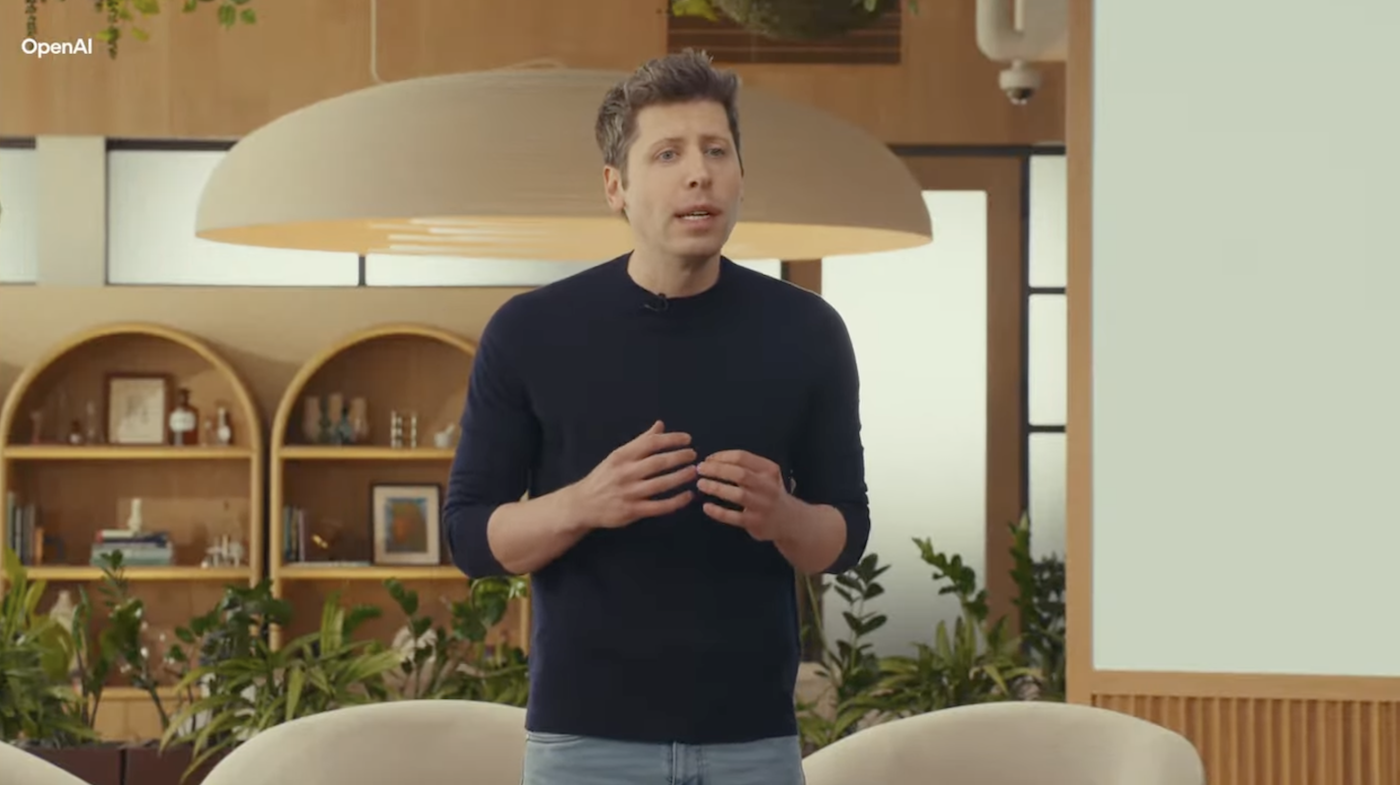GPT-5: OpenAI's New Breakthrough Promises Medical Accuracy & Mental Wellbeing Support – But Can We Trust It?

OpenAI is making waves again with the announcement of GPT-5, their latest large language model. This isn't just another incremental upgrade; it's a significant leap forward, particularly in areas of healthcare and mental wellbeing. The big news? Impressive medical benchmarks and a framework of mental health guidelines designed to ensure responsible and ethical use. But with great power comes great responsibility, and GPT-5's advancements raise vital questions about trust, safety, and transparency – especially as these AI assistants become increasingly integrated into our lives.
Addressing the 'Hallucination' Problem: A Key Priority
One of the biggest criticisms of previous large language models has been their tendency to 'hallucinate' – confidently presenting false information as fact. OpenAI has clearly prioritized tackling this issue with GPT-5. While details remain somewhat limited, OpenAI has indicated substantial improvements in reducing these occurrences. This is crucial not just for general accuracy, but especially in sensitive fields like medicine, where misinformation can have serious consequences.
Medical Benchmarks: A Promising Sign
The claim of strong medical benchmarks is particularly noteworthy. While the specifics haven't been fully disclosed, OpenAI has suggested GPT-5 demonstrates significantly improved performance on medical question-answering tasks and diagnostic reasoning. This could potentially revolutionize how healthcare professionals access information and assist in patient care. Imagine an AI assistant capable of quickly and accurately sifting through vast amounts of medical literature to provide relevant insights – a game-changer for doctors and researchers alike. However, it's vital to remember that GPT-5 is a tool to *assist*, not replace, qualified medical professionals.
Mental Health Guidelines: A Responsible Approach
Beyond medical accuracy, OpenAI has also developed a set of mental health guidelines for GPT-5. This demonstrates a growing awareness of the potential risks associated with AI interacting with vulnerable individuals. These guidelines are designed to prevent the model from providing harmful advice, encouraging self-harm, or impersonating mental health professionals. The specifics of these guidelines are still emerging, but the commitment to responsible AI development in this area is a positive step.
The Transparency Question: What We Still Need to Know
Despite the promising advancements, questions remain. OpenAI’s typical approach of limited public detail surrounding model architecture and training data continues. Greater transparency is needed to truly assess the safety and reliability of GPT-5. How were the medical benchmarks measured? What specific safeguards are in place to prevent misuse? OpenAI needs to be more open about these details to build public trust.
The Future of AI Assistants: A Balancing Act
GPT-5 represents a significant step towards more capable and responsible AI assistants. However, it's crucial to approach these advancements with a healthy dose of skepticism and a commitment to ongoing evaluation. The potential benefits are enormous – from improved healthcare to enhanced mental wellbeing support – but only if we prioritize safety, transparency, and ethical considerations. The conversation around AI trust and responsible development is far from over, and GPT-5 is just the latest chapter in this evolving story. We need robust oversight and ongoing dialogue to ensure these powerful tools are used for good.

:max_bytes(150000):strip_icc()/A-New-Study-Just-Linked-One-Particular-Kind-of-Milk-to-Better-Muscle-and-Bone-Health-FT-BLOG0825-981b44a8dc214b24a21ca7ec93bdbd09.jpg)


:max_bytes(150000):strip_icc()/GettyImages-953147476-0602dfd373604d079ac82b135c3b78ec.jpg)

